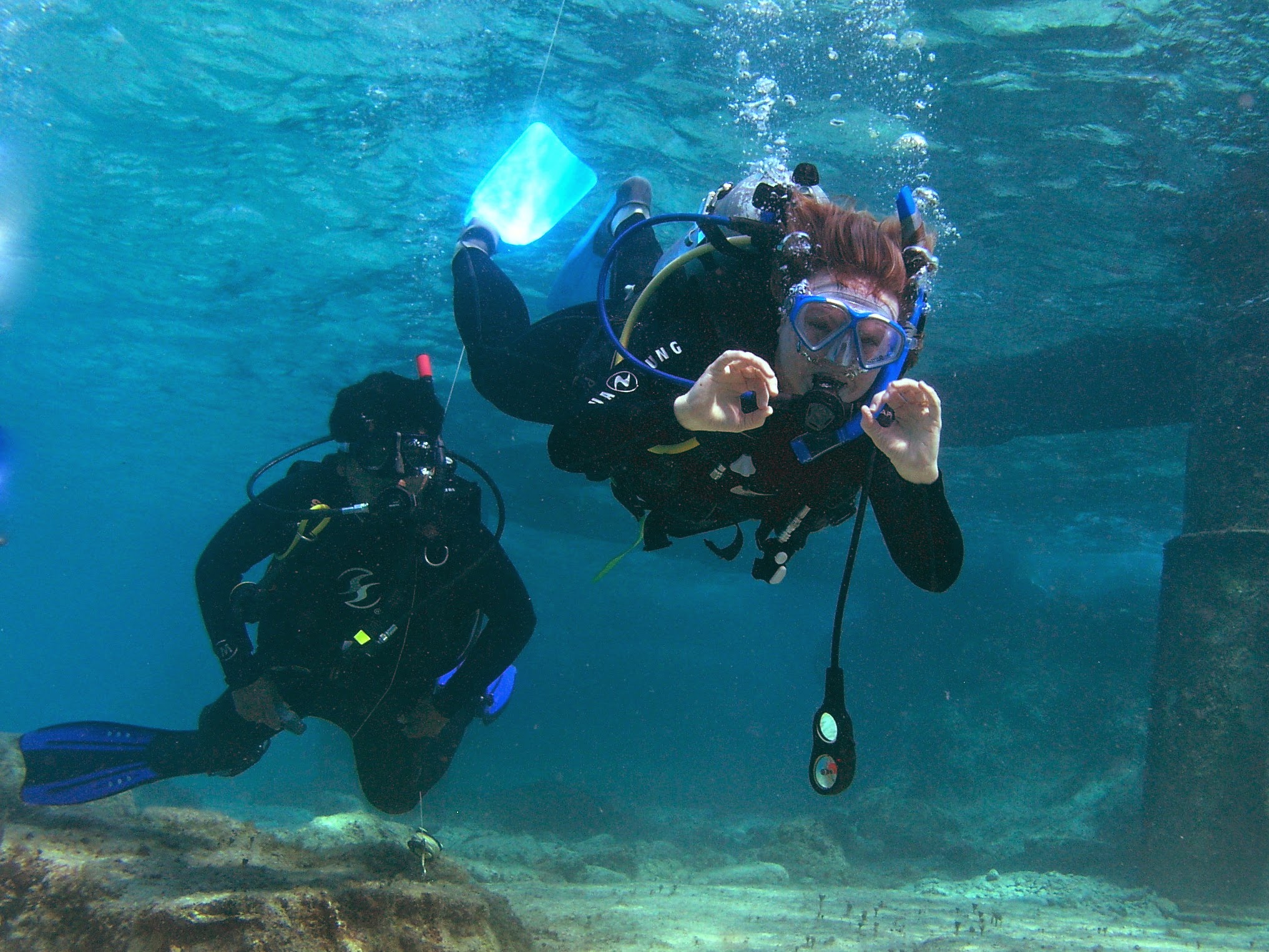I’m reading a new book, Head Strong by Dave Asprey, in a personal effort to lose weight — I mean, increase my energy! Just kidding — it’s all about losing weight and looking good. As much as I want to buy into this philosophy, I am aware that I don’t really trust Asprey’s claims. Is it true that if you eat foods with polyphenols, so-called “plant chemicals,” such as blueberries, that the molecules will somehow digest, find their way into your brain, and “grow new neurons” (52)? If I ingest good fats with DHA, will that really mean I will
An Unlikely Source of Inspiration
While walking my dogs, I often listen to the radio. Tonight there was a surprising speaker on the TED Radio Hour, a show normally devoted to scientific breakthroughs and the nature of reality/the reality of nature. Tonight I listened to an episode about resilience, which I misheard at first as “Brazilians.” It turned out the Carnival image that jumped to my mind was not far off the experience of the speaker, Monica Lewinski. (Her segment starts at 34:40.) Ms. Lewinski, much older and wiser than the 24 year old intern in 1998 who made a big, and a very immature, mistake, described
What If the Accommodations Are Working?
A conundrum: a high school freshman earns a 2.5 GPA, with an A in math and PE, a B in tech skills, and a C in all the other classes that require reading: English, geography, religion and Spanish. The accommodations of extra time on all exams, particularly midterms and finals, as well as providing audiobooks through Learning Ally, are in place and utilized by the student. He is enrolled in the school’s Directed Study class, so he can have time to work on assignments and get help from a credentialed teacher. He’s also a hard worker: a sincerely determined, hard-working
KDHD

When you claim to be able to help others with executive functions, the assumption is that you are very good at them yourself. And yes, when it comes to school, I am very good at analyzing texts, writing, and completing homework assignments. I might even have some suggestions about organizing notebooks and assignments, and time management. I assume the student I’m working with is motivated to do well, and may just need some coaching, such as putting the assignment in front of his nose and pointing at a pending deadline, or providing a model of what the finished product could
Review: Not What I Expected by Rita Eichenstein
I highly recommend this book for parents of atypical children: Not What I Expected (2015, Perigree Books) by Rita Eichenstein, PhD. Starting with the play on words on that other popular parenting book, you quickly perceive that Eichenstein is a wonderful, creative neuropsychologist who conveys her compassion for parents starting with the thwarting of their expectations for a healthy, normal child. The predominant theme in this book might be expressed in the saying, “Mourn the child you thought you had, then embrace the one you do.” The author uses the framework of the five stages of grief to give parents
Success Attributes: High IQ Not Required
Taking the perspective of the student sometimes requires putting oneself in a new situation. Personally, I have put myself as nearly in their shoes as I can by becoming a teacher at a high school. I’m new to the job, and they’re new to the school and the high school experience. I’m being asked to perform while not knowing the systems that are in place; so are the students. I expect there might be better ways to do certain things, but I feel like I need to put in more time and figure it out myself. I don’t like others
Hearing Symbols
When parents think about their child’s experiences at school, they imagine them sitting quietly in front of the teacher, or at a desk, scanning a book or worksheet. They imagine that if everything is working right, the child has no obstacles to recognizing letters, or shapes or symbols or numbers; that the child understands how to turn pages of the book, and write the letters of his name, and answer a question in an appropriate way. Most parents simply can’t remember the process of figuring out how to “be” in a classroom, any more than they can remember what it was like
Having Enough Gas

“Gas” usually produces giggles. We might be talking politely about farts. We might be talking about air, oxygen, bubbles, carbonation or steam. We’re talking about that invisible stuff which surrounds us, which is indispensible to us, yet we don’t even notice it. Recently, my son and I took up scuba diving. You must take a training course to learn how to use the equipment necessary to enter into an alternate reality. This includes reading gauges, compasses and computers, interpreting them, and sometimes changing your behavior based on their data. To enjoy this alternate reality, where you can float, fly, and breathe underwater, you must
HSP – Highly Sensitive Person

Sometimes common words are used to describe medical conditions. “Overweight” is actually used as a measurement, between “normal” and “obese”. By contrast, sometimes exotic words are used to describe common experiences, such as PreMenstrual Dysphoria Dysfunction (PMDD). (Yes, you can read between the lines on that one.) There are lesser-known diagnoses or descriptions of behaviors that are outside the norm. We’ve all heard of “Gifted”, “Gifted and Talented Education” (GATE), and possibly “Highly Gifted,” but there are actual criteria for meeting this designation, such as scoring above 130 on an intelligence test such as the Wechsler Intelligence Scale for Children
It Just Sounds Cool: Hemispheric Asymmetry
We take a lot for granted during our waking hours: our bodies’ automatic breathing, automatic walking, automatic speech production. In fact, a problem for people with ADHD is the automatic speech production — words get blurted out that they wish had some filtering before exiting their mouths. Both automatic and volitional actions start in our brains. While we often cannot “sense” this, when there is damage to the brain, we see the actions are impacted. A common trauma to the brain is a stroke. Depending on where the injury happens in the brain, different actions — speech, walking, memory recall